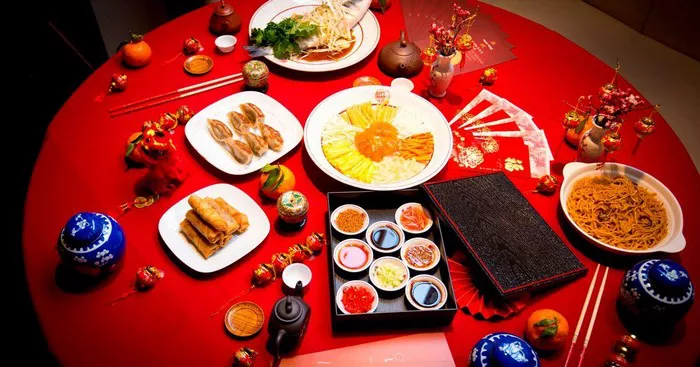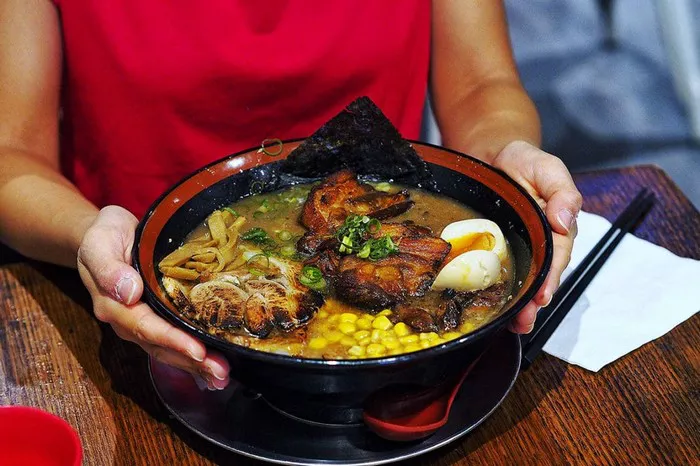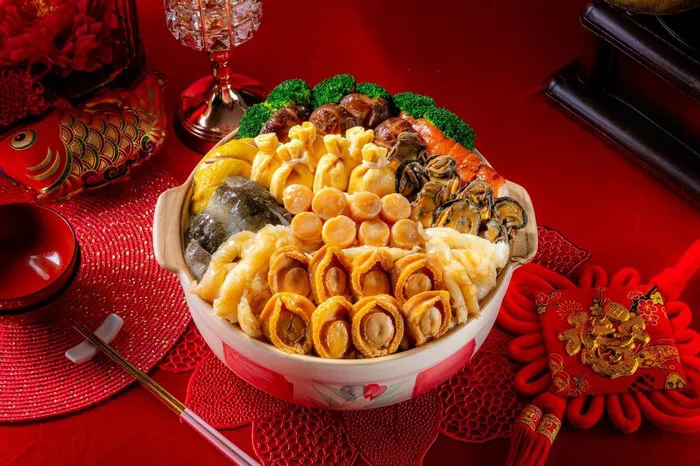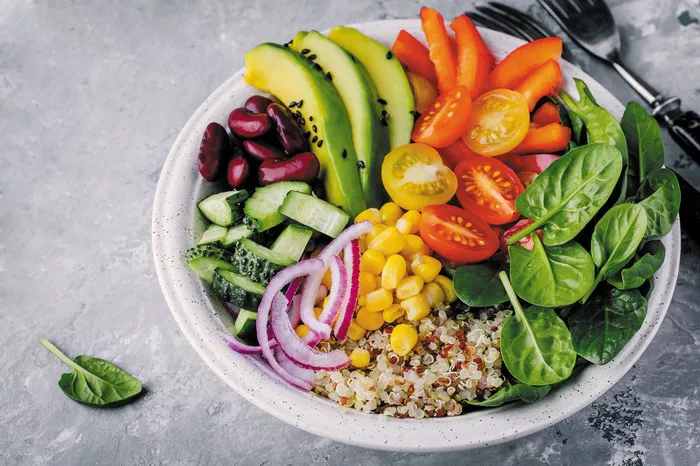The ketogenic diet, or keto diet for short, has gained immense popularity in recent years due to its potential for weight loss and various health benefits. This high-fat, low-carbohydrate diet aims to shift the body into a state of ketosis, where it primarily burns fat for energy instead of carbohydrates. As with any diet, one of the biggest challenges for those following the keto lifestyle is finding suitable and enjoyable meal options. Chinese cuisine, with its wide array of dishes, flavors, and ingredients, may seem like a tricky fit for the keto diet. However, with some careful selection and customization, Chinese food can indeed be adapted to suit the requirements of a keto diet.
Understanding the Keto Diet
Before we delve into the compatibility of Chinese food with the keto diet, let’s briefly revisit the fundamentals of this dietary approach. The keto diet is characterized by a significant reduction in carbohydrate intake and a corresponding increase in fats. By limiting carb intake to around 20-50 grams per day, the body enters a state of ketosis. In ketosis, the liver converts fats into ketones, which serve as an alternative energy source for the brain and body.
Foods commonly emphasized in a keto diet include meat, fish, eggs, dairy products, nuts, seeds, avocados, oils, and non-starchy vegetables. On the other hand, high-carb foods like grains, legumes, sugary treats, and starchy vegetables are usually restricted.
Navigating Chinese Cuisine on the Keto Diet
Chinese food is rich in flavors and textures, often achieved through the use of various sauces, seasonings, and cooking methods. While some traditional Chinese dishes are naturally low in carbohydrates, many others are packed with sugar, starch, and hidden carbs. However, with a little knowledge and flexibility, you can enjoy Chinese food while adhering to the principles of the keto diet.
1. Choose the Right Proteins
Proteins are a staple in Chinese cuisine, making it easier to find keto-friendly options. Dishes featuring meat, poultry, fish, and seafood are typically low in carbohydrates and high in protein, aligning well with the keto diet. Some excellent choices include:
Peking Duck: This flavorful dish is a great option as it mainly consists of roasted duck, which is high in fat and protein, and typically served with cucumber, scallions, and a thin pancake that can be omitted on a keto diet.
Stir-Fry Dishes: Opt for stir-fry dishes with protein sources like chicken, beef, or shrimp, paired with non-starchy vegetables like broccoli, bell peppers, or bok choy.
Steamed Fish: Steamed fish with ginger and soy sauce is a delicious, low-carb option that’s commonly found in Chinese restaurants.
Hot Pot: Chinese hot pot, with its assortment of thinly sliced meats and vegetables cooked in a flavorful broth, can be a suitable choice for keto dieters.
Remember to avoid breaded or battered meats, as these coatings usually contain flour and are high in carbohydrates.
2. Load Up on Low-Carb Vegetables
Chinese cuisine includes a variety of vegetables, and many are low in carbohydrates, making them ideal for the keto diet. Non-starchy vegetables like spinach, kale, mushrooms, zucchini, and cauliflower are excellent options that can be easily incorporated into various dishes. Steamed or stir-fried vegetables are preferable over deep-fried ones to avoid unnecessary oils and carbs.
3. Be Wary of Sauces and Condiments
Sauces and condiments in Chinese cuisine can be both a blessing and a curse for keto dieters. Some sauces, such as hoisin sauce, sweet and sour sauce, and plum sauce, are high in sugar and carbs, making them off-limits. However, there are several keto-friendly sauces and condiments that can add flavor to your dishes without derailing your diet. These include soy sauce, tamari (gluten-free soy sauce), fish sauce, oyster sauce (in moderation), and chili paste. Requesting your dishes to be prepared with little or no sauce is also a good option.
4. Embrace Egg-Based Dishes
Eggs are a versatile and keto-friendly ingredient widely used in Chinese cuisine. Dishes like egg drop soup, steamed egg custards, and Chinese omelets are low in carbs and can make a tasty addition to your meal.
5. Avoid Noodles and Rice
One of the most challenging aspects of enjoying Chinese food on a keto diet is avoiding the ubiquitous noodles and rice that often accompany dishes. Both are high in carbohydrates and can quickly kick you out of ketosis. Fortunately, some restaurants now offer vegetable-based noodle alternatives like zucchini noodles (zoodles) or shirataki noodles, which are very low in carbs. Additionally, cauliflower rice has become a popular keto substitute for regular rice and can be a great option if available.
6. Buffet Survival Tips
Chinese buffets are popular for their vast selections, but they can be a minefield for keto dieters. To navigate a Chinese buffet while staying true to your diet, focus on the salad bar (without high-carb dressings), choose meat and vegetable stir-fries, and opt for plain grilled or steamed options. Always read labels when available and remember to avoid dishes that appear to be coated in sweet or starchy sauces.
7. Beware of Hidden Carbohydrates
While some Chinese dishes may seem keto-friendly at first glance, they could contain hidden carbohydrates in the form of thickening agents, sugars, or high-carb vegetables. For instance, many Chinese dishes use cornstarch as a thickening agent, and sweet sauces like teriyaki may have hidden sugars. To be safe, it’s best to inquire about the ingredients and cooking methods or request modifications when ordering.
Conclusion
In conclusion, Chinese food can be adapted to suit the keto diet with some careful selection and customization. Opt for protein-rich dishes with non-starchy vegetables and choose keto-friendly sauces and condiments. Steer clear of high-carb noodles and rice, and be mindful of hidden carbohydrates in certain dishes. With these tips in mind, you can enjoy a delicious Chinese meal while maintaining your keto lifestyle. As always, it’s essential to consult with a healthcare professional or registered dietitian before starting any new diet, especially if you have specific health conditions or concerns. Happy keto eating!


























